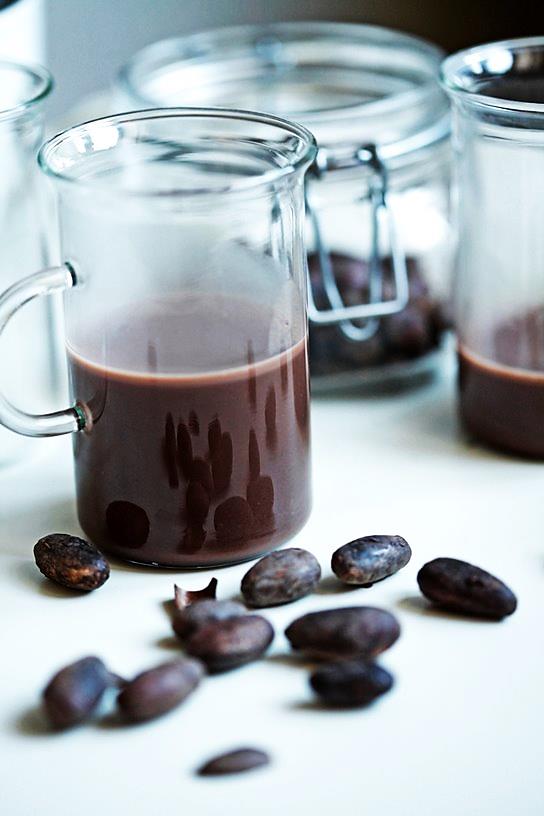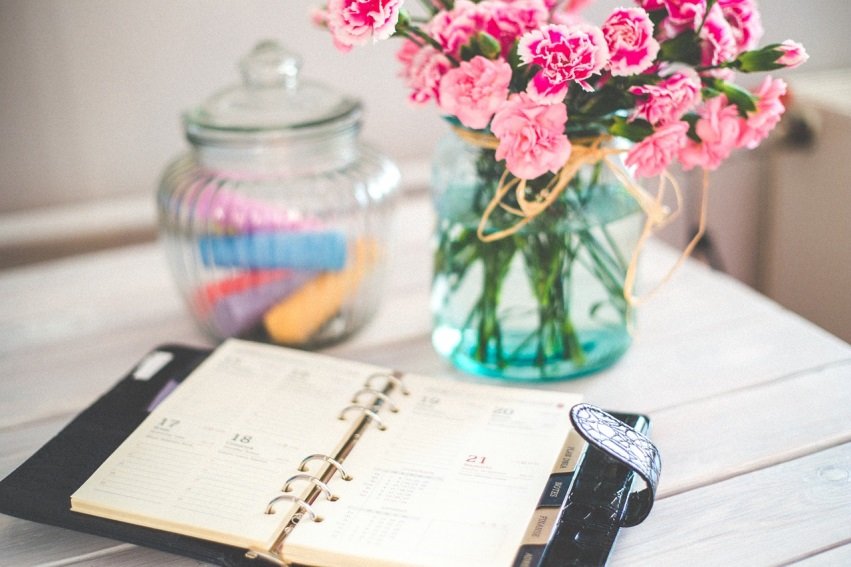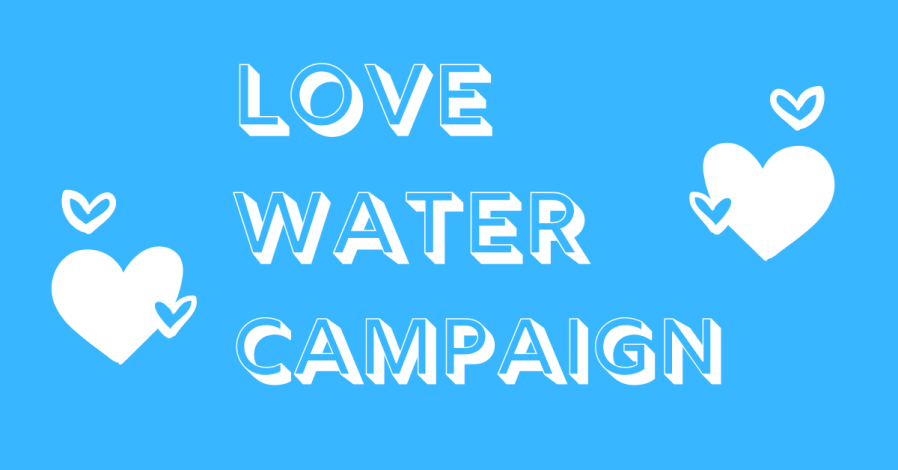
by Fern Shaw | Oct 30, 2019 | water cooler
Contrary to popular opinion, the origins of observing Halloween aren’t American – but actually those of ancient Celts throughout Britain, Ireland and northern France.
With the Romans invading Britain around 43AD, it is believed that they also added their rituals of the time with those of the Celtic traditions, one of these being the current Halloween tradition of ‘bobbing’ for apples. The Roman goddess of fruit and trees was known as Pomona – her symbol being that of the apple.
Moving forward a few decades brought the Christian observances, those closest to Halloween being All Hallows’ Day, also known as All Saints Day. All Hallows Day was originally celebrated on the 13th of May, however, it is believed that this was moved to 01 November, as an attempt to replace or assimilate the Celtic Samhain festival with a related but church approved celebration.
Whatever the observance, there’s no doubt that Halloween is a wonderful, fun-filled acknowledgment of winter drawing close.
Throughout Britain Halloween has traditionally been celebrated by children’s games such as bobbing for apples in containers full of water, telling ghost stories and the carving of faces into hollowed-out vegetables such as swedes and turnips. Unlike the majority of Halloween traditions originating from Britain, it is in fact, the pumpkin as the carve vegetable of choice that has come from the United States. However this change occurred, it’s a prudent choice, as I imagine it’s far easier to carve a pumpkin than it is a swede or turnip.
However you choose to celebrate Halloween, we would suggest that you reserve the water from your water cooler to rather quench your thirst or to wash down all the Halloween ‘candy’, instead of filling up containers to bob for apples.
That said, here at AquAid, we wish you all a Happy Halloween and more treats than tricks.

by Fern Shaw | Oct 15, 2019 | aquaid aberdeen, aquaid south west, water cooler, Water Coolers
A broad, sweeping headline for sure. Could encompass many, many things. Let’s narrow it down a little.
Things we don’t know:
- How long a piece of string is.
- How it is that the judges of The Great British Bake Off failed to keep Helena on.
- Why we can’t touch our elbows with our tongues. (Apparently this has been debunked; we don’t really want to know though).
- Why new scissors are behind impenetrable hard plastic packaging.
Things we do know:
- AquAid Water Coolers have been delivering exceptional service to now more than 34,000 customers since we began operations over 20 years ago.
- Our customers range (geographically) from Aberdeen down to Torquay and everywhere in between and;
- (Size wise) from single occupant premises to hundreds of thirst-quenched occupants at multiple premises and;
- (Longevity) here today, gone tomorrow type establishments: events; festivals; markets – to customers who have been with us since year dot.
Now you know (and don’t know) too. Feel better? We do hope so. We certainly do!
Working with the knows and needing a water cooler solution for your premises, why not contact us at AquAid today? We’ll be delighted to assist.

by Fern Shaw | Sep 12, 2019 | water cooler
At AquAid we are, of course, primarily interested in promoting proper hydration – and we achieve this through encouraging the installation of the right water coolers in suitable spaces throughout the UK.
What we mean by the ‘right water coolers in suitable spaces’ is we use our over 20 years of experience to ensure that your water cooler meets your requirements: whether that is Mains-Fed dispensers for a large organisation or educational facility or a Bottle-Fed dispenser for smaller organisations and for temporary use – such as on work sites or at festivals and events.
When you install a water cooler from AquAid, there is also an additional advantage: for each Mains-Fed water cooler installed and each 19ℓ Bottle of Water supplied (all our water bottles go through a stringent recycling program) we donate a portion of those sales to charity.
Clearly, health and well-being is high on our list of priorities and it’s been repeatedly proven that when we drink enough water, it boosts our well-being significantly.
All of this said though … we are only hooman. And the good life can’t only consist of maintaining good hydration habits by visiting your water cooler station often and drinking lots of water.
Which is why, here at AquAid, with International Chocolate Day on 13 September, we will be climbing on the ‘yes, chocolate is a superfood’ bandwagon. We hope you will too.
FOOTNOTE: Remember, you need water to make chocolate. Also – hot chocolate. Need we say more?

by Fern Shaw | Sep 5, 2019 | Water, water cooler
It’s #MigraineWeek this week and if you have ever experienced a migraine, your blood vessels are probably constricting already. This blogger didn’t experience a migraine until well into adulthood and thought they might be the stuff of legends, that is until she had one.
Migraines affects 1 in every 7 adults globally, according to the World Health Organization and 85 percent of sufferers are female according to the Migraine Research Foundation.
What is a migraine?
According to the NHS, the exact cause of migraines is unknown, but they’re thought to be the result of abnormal brain activity temporarily affecting nerve signals, chemicals and blood vessels in the brain. There is evidence that fluctuations in oestrogen levels can be a migraine trigger, which would explain in part why more women than men experience this condition, however there are a number of other factors that can trigger those more prone to this condition.
What triggers migraines?
There are a number of triggers, including emotional: stress, shock and depression amongst others; physical: poor posture or neck and shoulder tension; dietary: such as dehydration, caffeine and some specific foods such as chocolate and citrus fruit and finally environmental: flickering screens, bright lights or loud noises.
Can they be cured?
Although there currently isn’t a cure for migraines, there is medication available that can help reduce the severity and propensity of these attacks.
Does drinking water more really help?
Absolutely. Considering that our physical make-up is around 70% water, it’s clear that our bodies need the hydration in order to function properly and our brain is no exception. In a previous blog we’ve referred to the importance of keeping our brain adequately hydrated.
What else can you do to reduce migraines?
As much as we all enjoy our caffeine intake, too much coffee, tea or high caffeine content drinks can have an adverse effect on our central nervous system, so if you are prone to migraines, it might be an idea to reduce the amount of caffeine drinks and replace these with water.
Drinking water more may not solve your experiencing migraines, but it can certainly help reduce the frequency.
If there is a shortage of drinking water stations at your premises – contact us at AquAid. We will always give you the best advice about which water cooler is the right fit for your premises, whether at home, work or at school.

by Fern Shaw | Aug 12, 2019 | water cooler, Water Coolers
At AquAid Water Coolers we believe in altruism, which is one of the reasons why we established the Africa Trust – a charity that helps bring safe and clean drinking water to many impoverished communities in Africa. And because we believe in helping others, we always have immense respect for other organisations that do the same.
Help may take different shapes and forms, and one such organisation is Action for Happiness – a charity that aims to increase the happiness in the world by bringing together like-minded people from all walks of life and supporting them to take practical action to build a happier society.
While everyone’s path to happiness may be different, Action for Happiness lists 10 Keys to Happier Living, which research suggests consistently tends to have a positive impact on people’s happiness and well-being.
- Giving – do things for others
- Relating – connect with people
- Exercising – take care of your body
- Awareness – live life mindfully
- Trying out – keep learning new things
- Direction – have goals to look forward to
- Resilience – find ways to bounce back
- Emotions – look for what’s good
- Acceptance – be comfortable with who you are
- Meaning – be part of something bigger
Action for Happiness also dedicates an action and theme to each month, and this month it’s Altruistic August and here are a few lovely suggestions taken from their calendar:
- Leave a positive note for someone else to find
- Show support for a cause that doesn’t affect you directly
- When you buy one and get one free – give the other extra item away
- Look for the good in everyone you meet today
You can find a copy of it here – help someone in need and have a great August everyone!

by Fern Shaw | Aug 12, 2019 | water cooler
Last month saw the launch of a very important initiative in the UK – the ‘Love Water’ campaign!
We all know that clean and safe drinking water is essential not only to our physical wellbeing, but also for our economic survival, and so the British public are being asked to help the country protect water resources so that future generations may also benefit from what we so easily take for granted.
Climate change is happening globally, and in the UK too we are facing hotter and drier summers, along with increased risk of water shortages. Sir James Bevan, Chief Executive of the Environment Agency gave a startling warning earlier this year when he said that our country is approaching the ‘jaws of death’ and that parts of England may run out of water within 25 years if action isn’t taken.
The ‘Love Water’ campaign aims to draw attention to the importance of water and how essential it is that each and every one of us takes responsibility to conserve and protect it. This initiative will also see many organisations work together to tackle issues such as pollution and wastage and the long-term goal is to encourage businesses to make water conservation and pollution reduction part of their own goals and targets!
While we know that if we open a tap, water will run; for millions of people in third world countries, this is not the case, which is why AquAid established the Africa Trust. With every bottle of water that we supply, a 30p donation is made to the Africa Trust along with a £20 per annum donation for every mains-fed water cooler installed. To date we have helped build thousands of water pumps in communities across Africa, we have donated in excess of £6 million and have helped bring clean and safe drinking water to over 1.3 million people!
At AquAid we are very aware of how important water is to our survival and also to those less fortunate than ourselves, so when choosing a water cooler supplier, choose one that not only provides exceptional service and quality products, but also one that believes in helping impoverished communities – choose AquAid.






